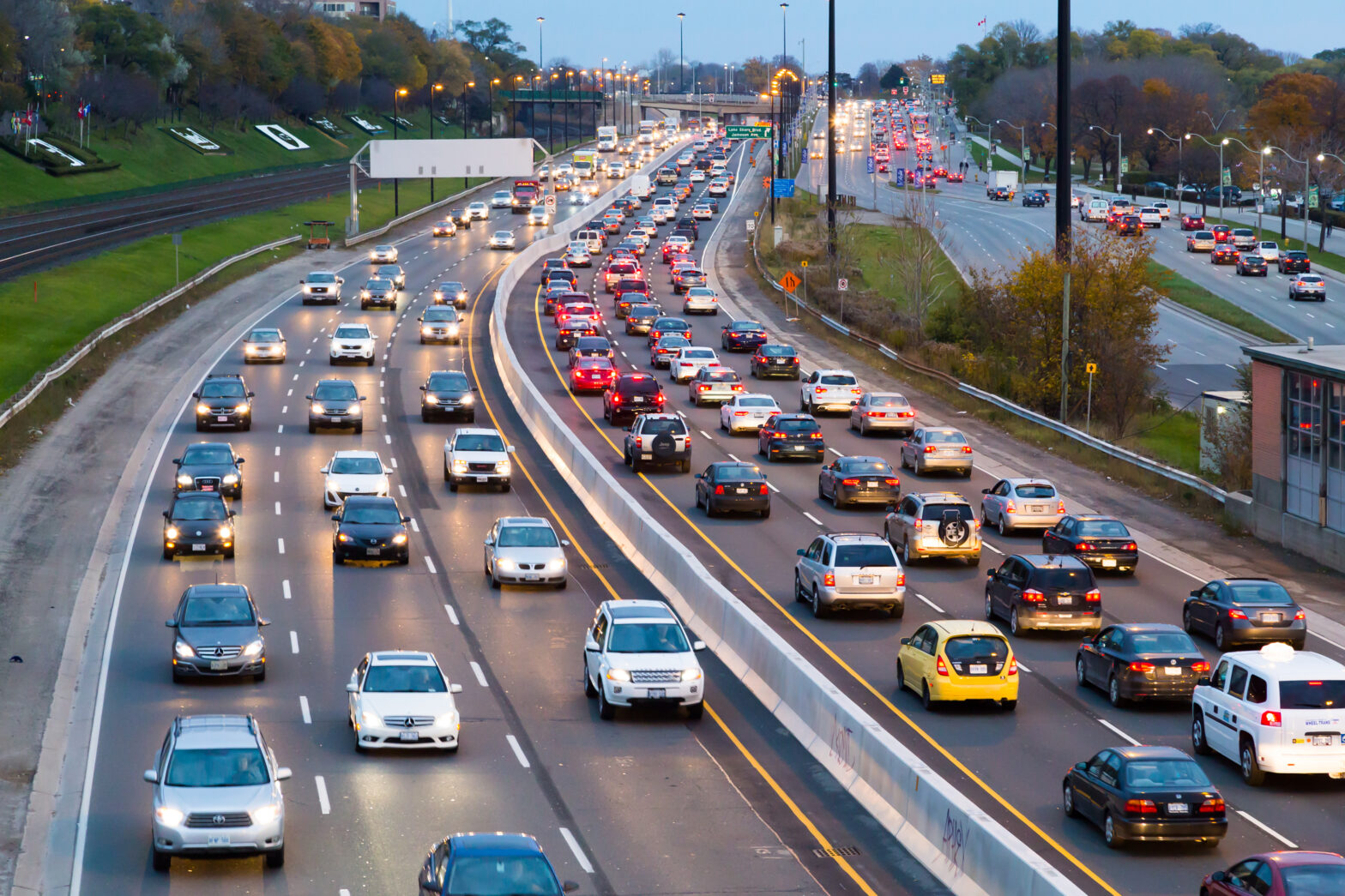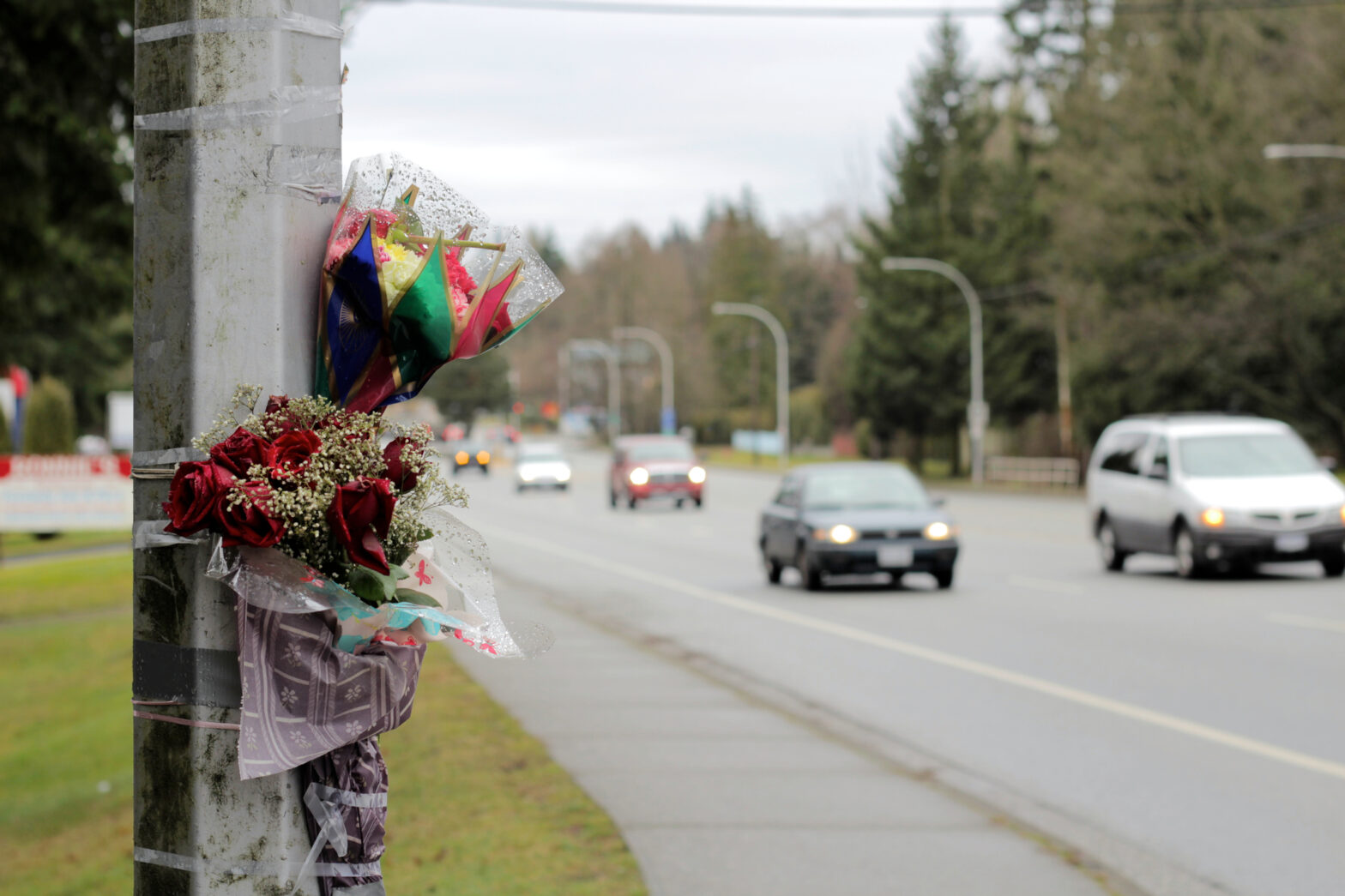At some point, we have all driven while tired. If you are eager to get to your destination, do you pull over and rest? Or, do you keep driving? New evidence suggests that drowsy driving can be lethal. Do yourself — and everyone else on the road — a favor and rest up before getting behind the wheel.
Sleepiness, which affects driver coordination, judgment and reaction time, is a contributing factor in 20 percent of all crashes and 16 percent of all near-crashes — not the two to three percent formerly reported — according to the Virginia Tech Transportation Institute. Each year, fatigue causes at least 100,000 car accidents, resulting in some 1,550 deaths and 71,000 injuries:
- Young people (especially men), adults with children and shift workers are most at risk for sleep-related crashes.
- A driver who has been awake for 18 hours performs as poorly as someone with a blood alcohol concentration (BAC) of 0.05, and 0.10 to 0.19 after 24 hours (0.08 is considered legally drunk).
- People who sleep six to seven hours a night are twice as likely to crash as those sleeping eight hours or more, while people sleeping less than five hours increase their risk four to five times.
- A French study showed that drivers who fell asleep at the wheel had the same number of accidents as drunk drivers.
To limit your exposure to drowsy driving accidents, avoid driving between 2:00 a.m. and 6:00 a.m. and exercise caution between the hours of 2:00pm and 4:00 p.m. When driving long distance, try not to drive alone (especially at night) and take a break every two hours. A short 10- to 20-minute nap helps drivers remain alert. If you suffer from a condition that disturbs your rest, like sleep apnea, insomnia, restless leg syndrome or narcolepsy, seek medical help.
If you or a loved one has been injured by a fatigued driver, contact us at the Georgelis, Larsen & Sabatino Injury Law Firm, P.C., P.C. We are powerful and effective advocates for auto accident victims in the Lancaster County, PA area.





